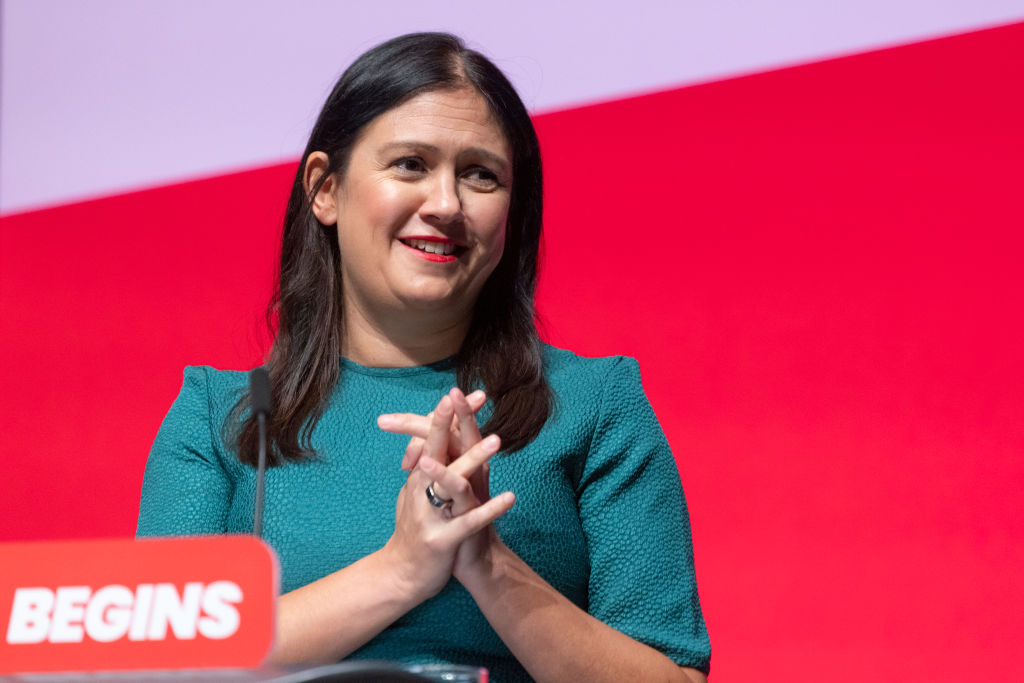UK Culture Secretary Lisa Nandy has written to video-sharing platforms such as YouTube and TikTok, encouraging them to promote educational content to children so they can find “higher-quality” material more easily. This may seem well-intentioned, given that children have migrated to spending more time on streaming and social media platforms rather than watching television. Yet we should be wary of normalising this trend or accepting it as an inevitability — and we should be even more careful about giving Big Tech responsibility for deciding what should capture children’s attention.
Nandy should not be encouraging parents to use YouTube Kids, an app with over 11 million weekly viewers which is effectively an infinite slurry of multicoloured, mindless content. Studies have shown that using YouTube from a young age, when children have higher neuroplasticity, can delay language skills, impair emotional and behavioural regulation, and lead to poor self-control. While there are some genuinely informative and creative channels available, YouTube Kids is, ultimately, an algorithmically-incentivised advertising platform. Its very model is designed to be as addictive as possible — through features such as autoplay, which means that there is no natural endpoint — and to thrive on the consumption of clickbait. Educational material is inevitably sidelined and subsumed by content that is at worst horribly inappropriate, and at best completely vapid.
The Culture Secretary can impel YouTube all she likes to promote its educational content, but time and time again YouTube Kids has proven to be as much of a Wild West as the rest of the internet. A 2022 investigation by Tech Transparency Project found that videos on YouTube Kids talk positively about cocaine and crystal meth, provide instructions for concealing a gun, encourage skin bleaching, and introduce diet culture to children.
What’s more, children can easily find videos with well-known cartoon or Disney characters in violent or lewd situations. One channel, which has over 5 billion views, contains videos with titles like “Naked Hulk loses his pants” or “Frozen Elsa’s arm is broken by Spiderman”, while a WIRED investigation uncovered videos of Paw Patrol characters attempting suicide. Some videos “self-badge” as educational, and therefore may be promoted or chosen by parents, but may only be so because they contain words for colours — for example, “red” — when they are actually selling McDonalds.
Rather than relying on YouTube to moderate and filter its content effectively, a challenging task given that over 500 hours of video are uploaded every minute, Nandy should focus on investing in high-quality public service broadcasting and educational resources, such as BBC Bitesize, that will genuinely educate, entertain, and inform.
There was a 52% decline in funding for children’s TV between 2002 and 2018, which may be a reflection of changing behavioural patterns, but the unprecedented success of Peppa Pig — a British show worth £6 billion and watched in 180 countries — proves the power and importance of children’s viewing experiences. From Teletubbies to Postman Pat, Britain has previously been a world leader in children’s content, and has proven that cartoons do not have to be frivolous and time-wasting; many series contain well-developed characters, comic subplots, or interesting narratives. This is what Nandy should be championing, rather than assuming Big Tech can be trusted to have children’s best interests at heart.











Join the discussion
Join like minded readers that support our journalism by becoming a paid subscriber
To join the discussion in the comments, become a paid subscriber.
Join like minded readers that support our journalism, read unlimited articles and enjoy other subscriber-only benefits.
Subscribe